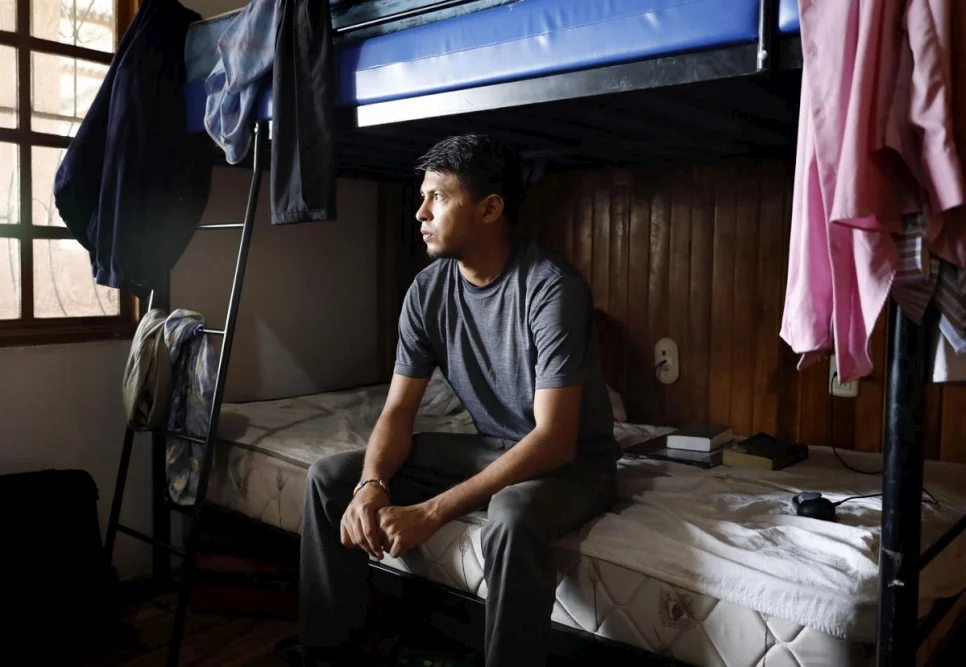Through a forum presented virtually, political scientist Manuel Orozco exposed the “vulnerability and implication of their integration” for Nicaraguans exiled in Costa Rica who face difficulties and uncertainties “labor, financial and the complexity of guaranteeing quality of life” .
«For the migrant everything is different and everything is complicated, first they face the process of denial, then integration and then belonging to society. Since the political crisis began in Nicaragua, the intention to migrate has been strengthened, not only because of the crisis but also because of the repression. We see that there is a relationship between the political and economic intention for a citizen to decide to migrate, “said the specialist at the conference presented in conjunction with the Confidencial digital media.
Related news: Nicaraguans in exile; the constant voices of denunciation against the Ortega-Murillo
The report highlights that between 2018 and 2019 a total of 54,762 Nicaraguans requested refuge in Costa Rica due to the human rights crisis. In 2020, the figure was reduced to 9,416 due to the closure of borders due to the COVID-19 pandemic, but after the new onslaught in 2021, more Nicaraguans decided to flee.
With a month to go before the end of 2021, the number of people who requested international assistance in that nation exceeded the annual record with 47,534 requests. The neighboring country to the south is the largest migration destination for Nicaraguans, followed by the United States and Spain.
The report shows that the most difficult thing about settling in the neighboring country to the south is “finding work, finding housing and dealing with the xenophobia or nationalism impregnated in both parties, resulting in a lack of total integration.” He points out that the majority of Nicaraguans have an irregular status and earn approximately 700 dollars a month.
According to the survey, “75% of adult Nicaraguans are the ones who send the most monthly remittances to their relatives within Nicaragua with an average amount of 100 dollars, which generates an amount of 200,000 citizens sending money month after month. Last year they were 27% of the income in the country, becoming one of the main sources of economic income in Nicaragua,” said the political scientist.
Related news: The new Costa Rican government will maintain relations with Ortega “as they are,” a specialist predicts
“When we look at the distinction between those coming out before and after 2018, what they have in common, number one is economics. However, there are differences of degree of magnitude between the two. For example: For those who left in the last four years, the percentage that says they left for economic reasons is 41%, against 31% of those who left before 2018. However, the number two reason for those who leave after the crisis it is political, and it is a fairly strong percentage, it is 29% of those who say they left for political reasons, against those who left before 2018, it is only 13%”, they argued.
In general, for any group, regardless of whether they are from the generation of 2018 or earlier, insertion in Costa Rica has not been difficult for the majority. That is, they feel that they have been well received in Costa Rica, 80% say that for them it has been a good or very good reception; and there is a 20% that says, things are good and things are bad.








